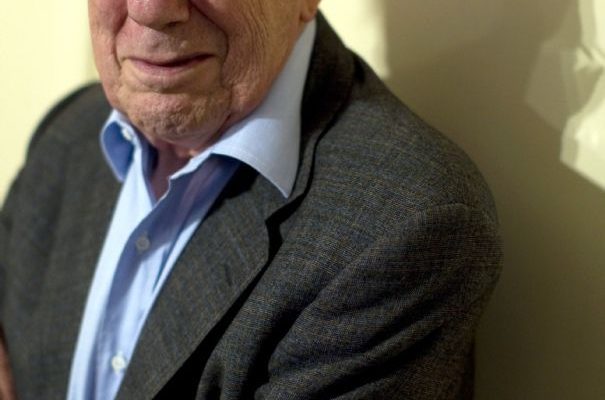He was a journalist. He was a writer. He was from Dunkirk. He was Catholic. He was brave. He was talented. He played a major role in the history of L’Express. His name was Jacques Duquesne and he died on July 5 at the age of 93.
He started his career at The cross, where he distinguished himself by denouncing the torture practiced by the French army during the Algerian war – which led to his being sentenced to death by the OAS. He also had a beautiful pen, lively, efficient, clear, hard-hitting. A style close to that which Françoise Giroud, director and editorial writer of L’Express, tried to instill in her teams. Thus he was invited in 1964 to go every Thursday, the evening of closing, to the headquarters of the weekly in order to “rewrite, completely if necessary, the articles, in all fields, which had to be polished, put back in the famous house style”, as he tells in True stories. A journalist’s life (Albin Michel). A work placed under the seal of humility, rigor and requirement which perfectly suited this man who recognized the reader as his only master.
He had set foot in the door of L’Express. She would soon open up completely. Here he was soon appointed head of investigation (1967), then deputy editor (1970). These will be, he will say, years of “happiness” where he rubs shoulders with great signatures of the profession (Georges Suffert, Claude Imbert) and young women as beautiful as they are talented named Catherine Nay or Michèle Cotta. In the neighboring sections, François Nourissier deals with cinema while François Mauriac publishes his famous Notepad while holding the TV column. There are more mediocre professional circles…
A devout but rebellious Catholic
Happiness, however, is slowly dying out. Tired of the interventions of Jean-Jacques Servan-Schreiber, who was trying at that time to put L’Express at the service of his political career, Jacques Duquesne is going to found Point, notably alongside Claude Imbert. He held the positions of editor-in-chief (1974-1977), deputy editor-in-chief (1978-1985), and even chairman and managing director (1985-1990). With the success that we know.
At the same time, he publishes books. Many books. Essays, of course, which still earned him trouble, especially when this fervent but intractable Catholic pleaded for the end of celibacy for priests, refused the notion of original sin and denounced the misogyny of the Church. He also delivers novels, some of which will be very successful, in particular Maria Vandamme (Interallié prize 1983), which will be adapted in the form of a television series.
But journalist he is deeply and journalist he remains. Over the years, we find him a columnist on European 1 (1969-1997), at The cross (1983-2008) and to Free lunch (1997-2001). He also ventured into the world of television, helping the Bouygues group win the privatization of TF1, where he became a member of the strategic committee and the board of directors (1987-1990).
An undisputed moral figure, he returned to L’Express in 1997. Not to direct its editorial staff, which Denis Jeambar has just taken over, but its supervisory board. An essential body where qualified personalities sit alongside shareholder representatives in order to ensure compliance with ethical rules and guarantee the total independence of newspapers. Values that will have guided Jacques Duquesne throughout his life.
